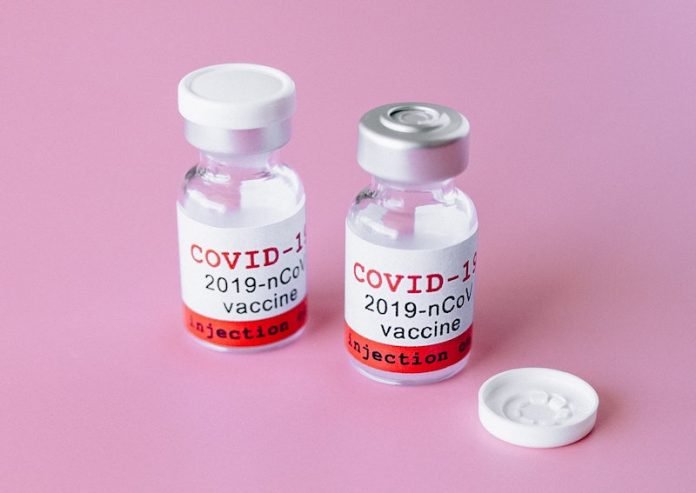
In a new study from the U.S. National Institute of Allergy and Infectious Diseases, researchers found Moderna’s COVID-19 vaccine could protect against the illness for at least six months.
The study tracked 33 participants in the trials that led to the vaccine’s approval. Six months after having received their second vaccine dose, the researchers found antibody activity remained high in all age groups.
The results follow similar findings for the other major two-dose vaccine included in the U.S. vaccine rollout, made by Pfizer/BioNTech.
In the study, the results from Moderna are based on 33 people ranging in age from 18 to older than 71.
The study found that while everyone maintained high levels of infection-fighting immune system antibodies in blood samples, levels did seem to fall according to the increasing age of participants.
Still, all participants had detectable antibody activity six months on, and that was found on three distinct types of blood tests.
Researchers suggest that as companies conduct natural history studies to look at the duration of antibodies and other correlates of immunity in coronavirus-vaccinated individuals, it is expected that immunity lasts for a considerable amount of time.
As the duration of the studies increases, it is possible to find that immunity lasts for over a year.
The study is published in the New England Journal of Medicine. One author of the study is Nicole Doria-Rose.
Copyright © 2021 Knowridge Science Report. All rights reserved.



